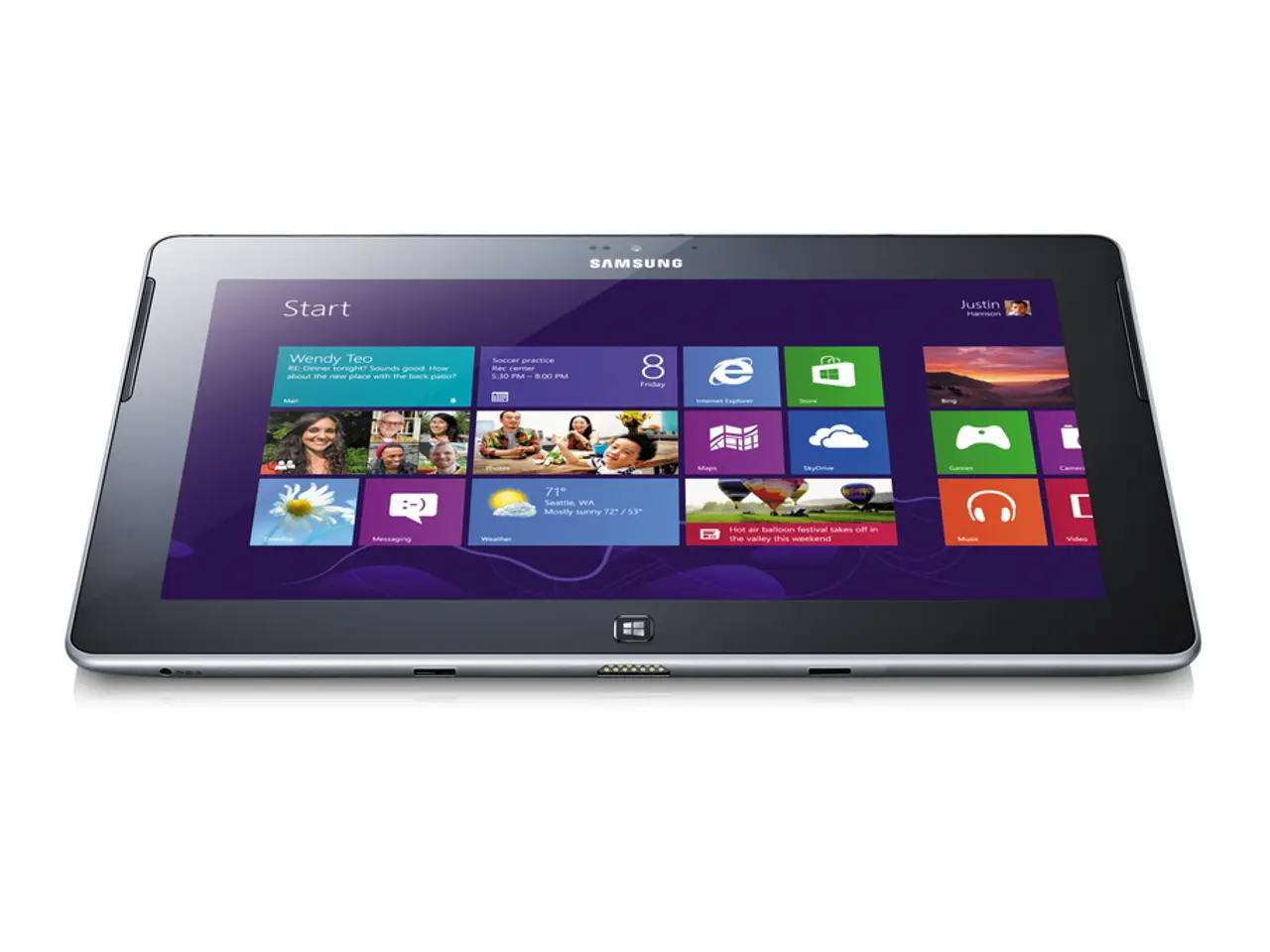Progress in Magnetic Field Technology - Innovations in Magnetic Field Detection Methods
In recent years, the world of magnetic field detection has seen significant advancements, expanding its applications across various sectors such as geophysics, healthcare, security, and environmental science.
One of the key developments is the creation of high-precision magnetometers. Fluxgate magnetometers, for instance, are now being used in a wide array of applications, including security systems and space weather monitoring. Known for their high sensitivity, these sensors are ideal for surveillance and security applications, providing detailed information about minute changes in magnetic fields [2].
Quantum technology is another area that is making a significant impact. Quantum sensors offer highly sensitive magnetic field detection, which is beneficial for applications in quantum computing, healthcare, and environmental monitoring [4].
In the realm of geophysics, controlled-source wide frequency range magnetotelluric detectors are enhancing the resolution of shallow geological structure detection. These detectors provide detailed information about subsurface structures, aiding in a more comprehensive understanding of the Earth's inner workings [1]. Magnetic surveys, on the other hand, are used in archaeology, UXO clearance, and large-scale geological mapping. They help identify subsurface magnetic anomalies, offering insights into geological structures and potential hazards [5].
However, these advancements come with their own set of complexities and challenges. Interference and noise are common issues, particularly in environments with strong magnetic fields or high levels of electromagnetic interference. Many applications also require extremely high sensitivity, which can be technically challenging to achieve without advanced sensors like quantum sensors [6].
Despite these challenges, the benefits of magnetic field detection technology are manifold. In healthcare, quantum sensors can be used for precise imaging and diagnostics, offering potential advancements in medical imaging technologies [4]. In security, fluxgate magnetometers are used in unattended ground sensors (UGS) to detect and identify potential threats, enhancing security measures [2].
In environmental science, fluxgate sensors help monitor geomagnetically induced currents, providing crucial insights into the impact of space weather on Earth's infrastructure [2]. Quantum sensors can also be used to monitor environmental changes with high precision, aiding in climate studies and pollution detection [4].
As research and development continue, efforts are being made to develop affordable and high-performing magnetic sensors for the masses. The goal is to create more compact, reliable, and automated systems for a more democratic use of magnetic field detection technology. With these advancements, the future of magnetic field detection technology looks promising, as it continues to unlock secrets and open new directions for technological development.
- Technology in the field of finance could potentially benefit from the advancements in magnetic field detection, as sensors could be used to monitor fraudulent activities that may involve changes in magnetic fields.
- In the realm of sports, researchers are exploring the use of magnetic field sensors to analyze athlete's movements and biomechanics, with the aim of improving performance and reducing injury risk.
- The integration of magnetic field detection technology into the field of software development and technology could lead to the creation of applications that help predict and adapt to weather conditions, enhancing safety and efficiency.
- Advancements in magnetic field detection could also have significant implications for the automotive industry, as sensors could be used in self-driving vehicles for navigation and obstacle detection, based on changes in magnetic fields.




